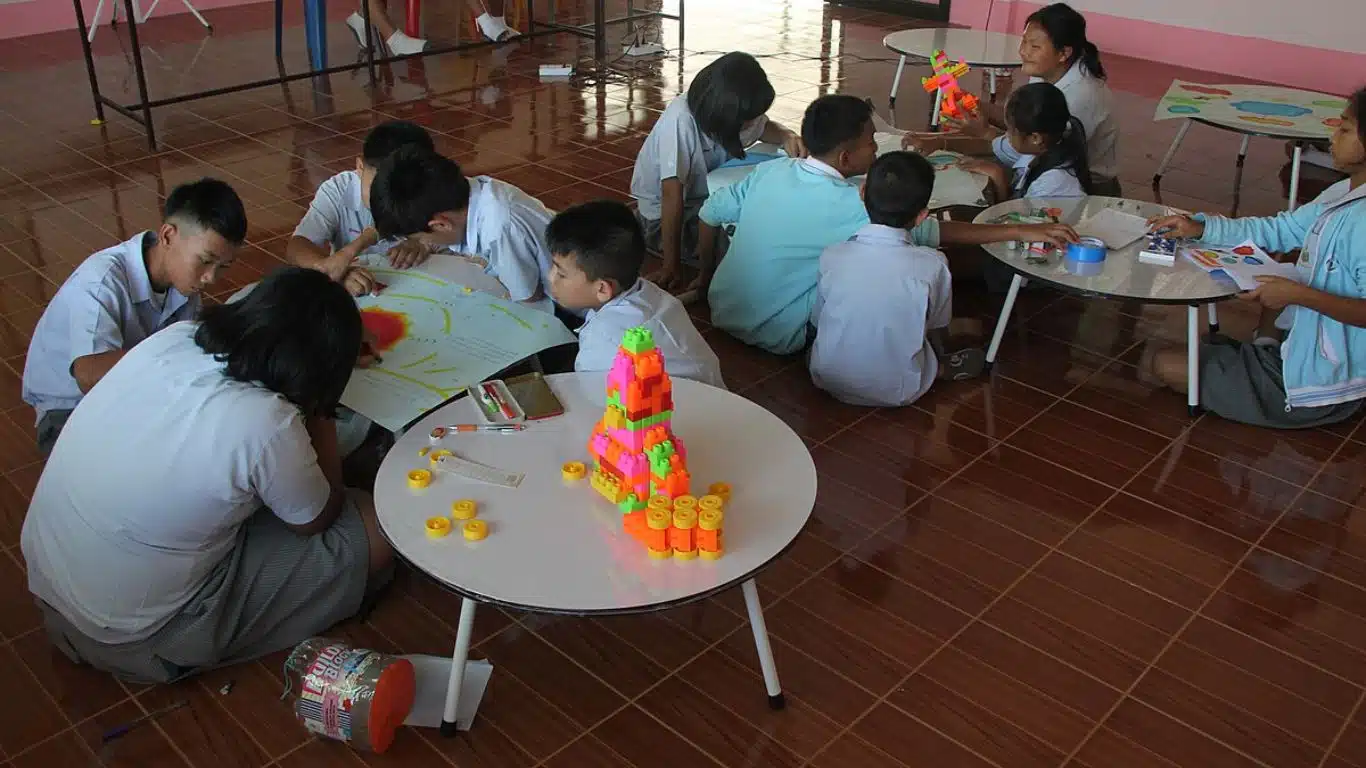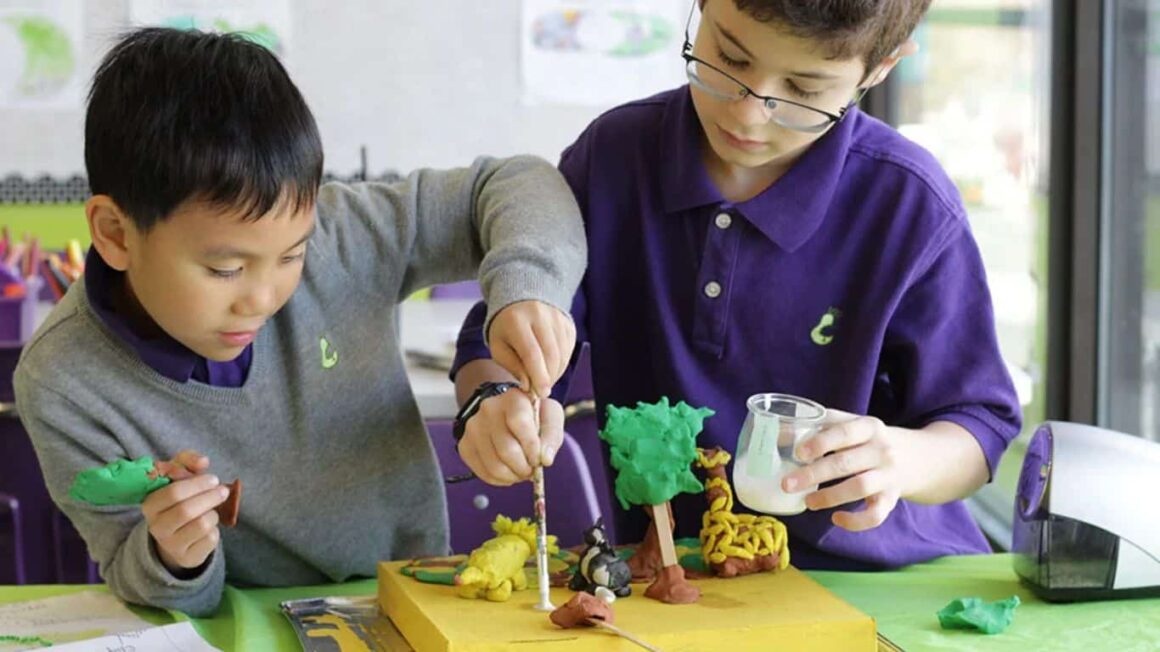- In project-based learning, students are given the opportunity to apply what they have learned to a meaningful and authen…
- Through the process of completing the project, students develop important skills such as problem-solving, critical think…
- Enhance communication skills: And lastly projects often require students to present their work to others, which can help…
- Project-based learning is an educational approach that focuses on students learning through actively participating in re…
- This will help to ensure that the project is meaningful and relevant to your students.
- This will help them develop important teamwork and communication skills.
The Power of Project-Based Learning in Education: Project-based learning is a teaching method that focuses on hands-on, experiential learning through the completion of real-world projects. This approach to education has been shown to be particularly effective in helping students develop critical thinking and problem-solving skills, as well as improving their engagement and motivation. So let’s talk about the potential and importance of project-based learning in education and the benefits it can provide for both students and teachers.
Power of Project-Based Learning in Education
What is Project-Based Learning

PBL (Project-based learning) is a teaching method that involves students in the learning process by having them complete a project that addresses a real-world problem or challenge. The project is centered around a driving question, which guides the learning process and helps students focus on the task at hand. In project-based learning, students are given the opportunity to apply what they have learned to a meaningful and authentic context. This can involve researching a topic, conducting experiments, creating a product, or developing a solution to a problem. Through the process of completing the project, students develop important skills such as problem-solving, critical thinking, communication, collaboration, and creativity.
Project-based learning is often distinguished from traditional classroom instruction, which is often more teacher-centered and focuses on the transmission of knowledge from the teacher to the student. In contrast, project-based learning is student-centered and emphasizes the development of skills and the application of knowledge to real-world situations.
Project-Based Learning’s Importance For Students

Increase engagement and motivation: It allow students to take ownership of their own learning and choose their own direction, which can lead to higher levels of engagement and motivation.
Develop critical thinking and problem-solving skills: Projects require students to analyze information, generate ideas, and develop solutions to real-world problems, which helps them develop critical thinking and problem-solving skills.
Enhance creativity: A major point of PBL is that projects often allow for a great deal of creativity and open-endedness, which can help students think outside the box and develop their creative problem-solving skills.
Promote teamwork and collaboration: Another important point is that projects often involve group work, which can help students learn how to work effectively with others and develop important teamwork and collaboration skills.
Enhance communication skills: And lastly projects often require students to present their work to others, which can help them develop their communication skills.
Significance of Project-Based Learning For Teachers

Provide a new way to teach content: Firstly, projects can be a great way to teach content in a more interactive and engaging way.
Foster a positive classroom culture: Projects can create a sense of community in the classroom, as students work together towards a common goal.
Facilitate differentiated instruction: Projects can also be tailored to meet the needs of individual students, allowing teachers to differentiate instruction and meet the needs of all learners.
Enhance professional development: And finally, projects can provide teachers with opportunities to learn new skills and techniques and stay up-to-date with current best practices in education.
How Can Project-Based Learning Be Inculcated in Classrooms

Project-based learning is an educational approach that focuses on students learning through actively participating in real-world projects. It is a student-centered approach that allows students to explore their own interests and passions while developing critical thinking and problem-solving skills. Here are some ways that project-based learning can be incorporated into the classroom:
Identify the learning objectives: Start by identifying the specific learning objectives that you want your students to achieve through the project. This will help guide the planning process and ensure that the project is aligned with your curriculum.
Engage students in the planning process: Involve your students in the planning process by asking them what topics or issues they are interested in exploring. This will help to ensure that the project is meaningful and relevant to your students.
Use a variety of resources: Encourage your students to use a variety of resources, such as Books, websites, and interviews with experts, to gather information for their projects.
Encourage teamwork and collaboration: Encourage your students to work in teams and to collaborate with each other throughout the project. This will help them develop important teamwork and communication skills.
Provide ongoing support and feedback: Offer your students ongoing support and feedback throughout the project to help them stay on track and make progress.
Assess student learning: Use a variety of assessment techniques, such as presentations, written reports, and portfolios, to assess your students’ learning and progress.
Also Read: Importance of Mental Health in Education



